Music is a part of the life of the citizens and is included in the curriculum of schools such as the Female Synodical College as early as 1858. Private music teachers and dancing teachers also offered lessons. The hospitality industry grew as riverboats established regular routes on the Tennessee River.
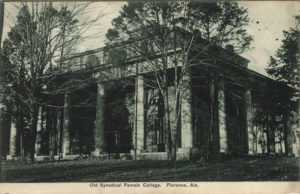
The Bailey Springs resort attracted travelers to the Springs, with its food and music.
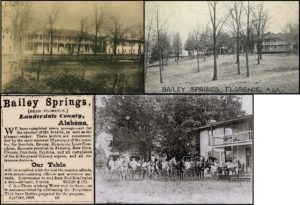
At the time of the Civil War the region was producing items of great importance to the war effort which prompted raids and the destruction of much of the industry. As efforts to rebuild began people who had been part of the military music regiments settled in the region, the most famous being Reuben Patterson, bugler of the 5th Alabama Cavalry Regiment. (c. 1860)
One of the most noted products produced in the region was the Florence Wagon which operated from 1889 to 1941 and saw service in time of war and peace. Many people worked in various industries related to agricultural products. Workers had access to clubs houses, schools, social events, and other activities in the Sweetwater region, but also interacted with neighboring communities.
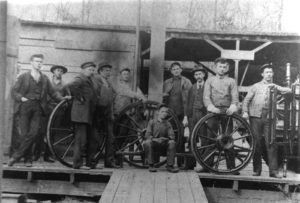
Singing Schools and liturgical music was an important part of the faith community life.
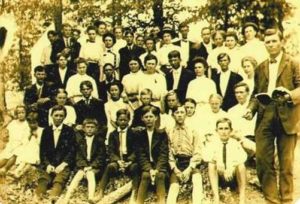
W.C. Handy was born in Florence in 1892. Handy later became a composer, musician, band leader, music publisher, and major influence on American music history of the 20th Century. Handy will earn the title “Father of the Blues”.
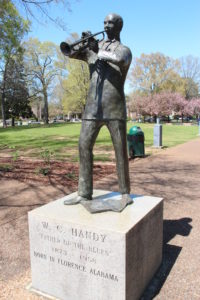
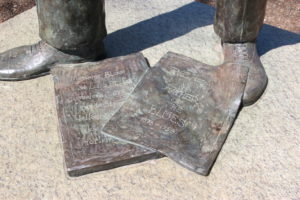
Alabama’s first free Kindergarten was established in East Florence, or Sweetwater, in 1898 under the leadership of Maud Lindsay. Music and poetry were important parts of the daily life of the students.
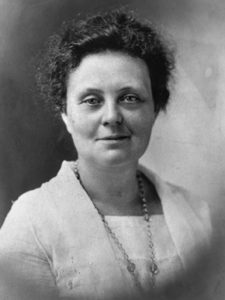
While the geography, geology, the Tennessee River, and land transportation routes had been the most significant elements in the settlement of the region, the people who lived here had such entertainment as opera houses, traveling shows such as Chatauqua, theatre, circuses, horse racing, sports, orchestras, and bands.
By the last decade of the century many venues had been established and musical performance was a regular part of the season. Some of the venues were the East Florence Opera House, The Academy of Music, Florence Opera House, Tri-City Park Theatre, The Princess Theatre, Theato, saloons, and others.


